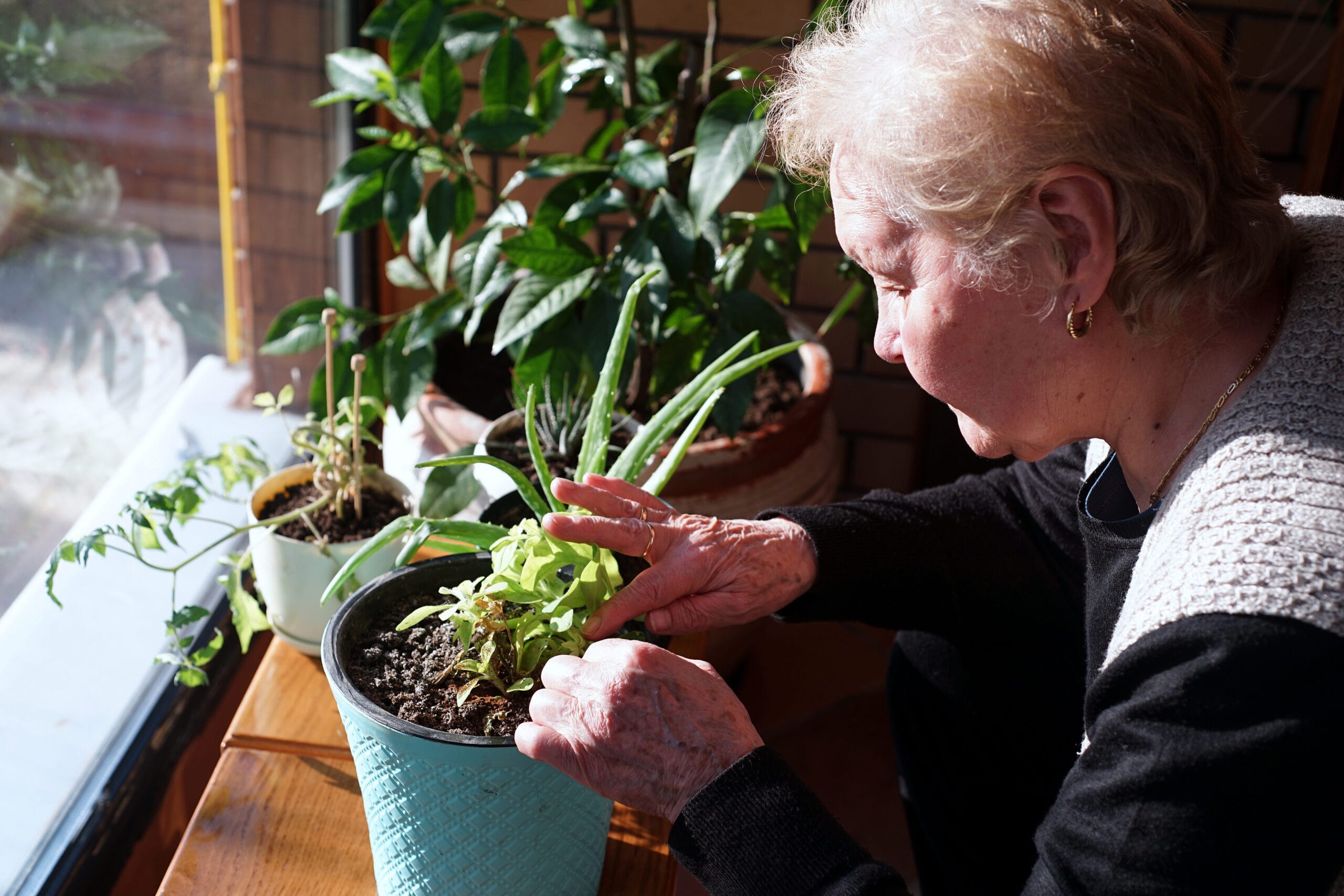ADASS Spring Survey 2025
On this page

ADASS Spring Survey 2025
Foreword and Introduction
This year’s survey paints a clear picture of the challenges and opportunities for adult social care. It has been published at yet another crossroads for adult social care. It’s now a few weeks after the Government announced the Spending Review which sets out how much money will be available for social care over the next three years, and we are also at the beginning of the Casey Commission into adult social care. The question on all of our minds is now whether we can finally shift the narrative on adult social care? After all, adult social care is about people, it is about all of us.
At its best, adult social care holds people’s lives together, enables them to live on their terms, work, volunteer, access education and care for others. However, as stated by the Health and Social Care Committee ‘too many people aren’t getting the care they need, care workers are undervalued and far too much pressure is placed on unpaid carers’.
This year’s survey is a continuation of the themes from the 2024 report with the financial challenges intensifying, need for care and support increasing, activity shifting to adult social care from the NHS and unpaid carers being left to pick up the slack to the detriment of their own health and wellbeing.
The ability of councils to play a full part in delivering on the Government’s three shifts- hospital to community, treatment to prevention and analogue to digital- is being compromised as a result of these challenges. In particular, the ability of councils to play an active role in the Government’s recently announced neighbourhood care centres will not be realised if adult social care is not adequately funded and shifts of activity into the community from hospitals come with appropriate resources and support. Directors of Adult Social Services know where investment would have the biggest impact. Through investing in prevention and early intervention we can maintain and improve people’s wellbeing, enable them to remain as independent as possible for as long as possible and in turn reduce or delay the need for more formal care and support services. However, we now find ourselves in a place where council and adult social care budgets are insufficient to fully address all of their legal duties and consequently funding to invest in preventative approaches is at its lowest level since 2021/22.
The next few years look challenging, with little room for councils to invest and significantly improve and reform adult social care. What we can do is continue to work with people with lived experience to hear their views and co-design care and support and make the most of the resources available for social care. There are also some lower cost investments and policy changes that government could make to lay the foundations for more fundamental reform of adult social care that will be recommended through the final Casey Commission report. We extend our gratitude to ADASS members and their staff for taking the time to collate answers and complete the survey. We’d like to thank policy and communication colleagues in the ADASS national team for working to analyse the results and pull this report together, with support from the research and data team in Partners in Care and Health. We also appreciate the invaluable input and advice from ADASS Trustees and our Resources Co-Leads whose collective experiences inform the messages shared here, both locally and nationally.
Jess McGregor – ADASS President
Sally Burlington – ADASS Chief Executive

